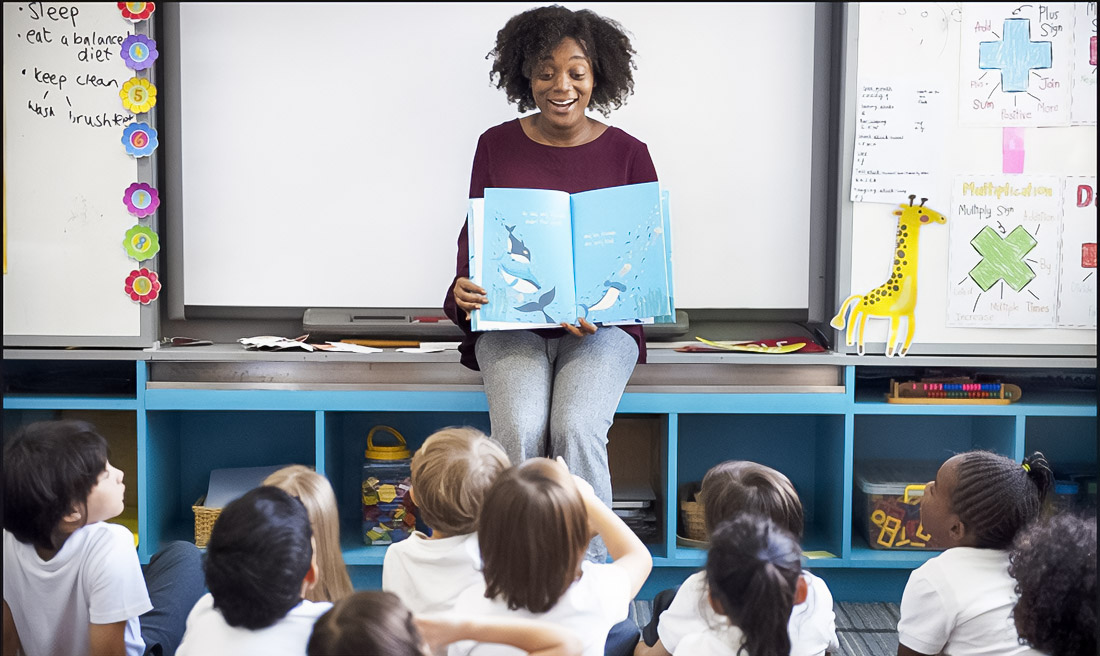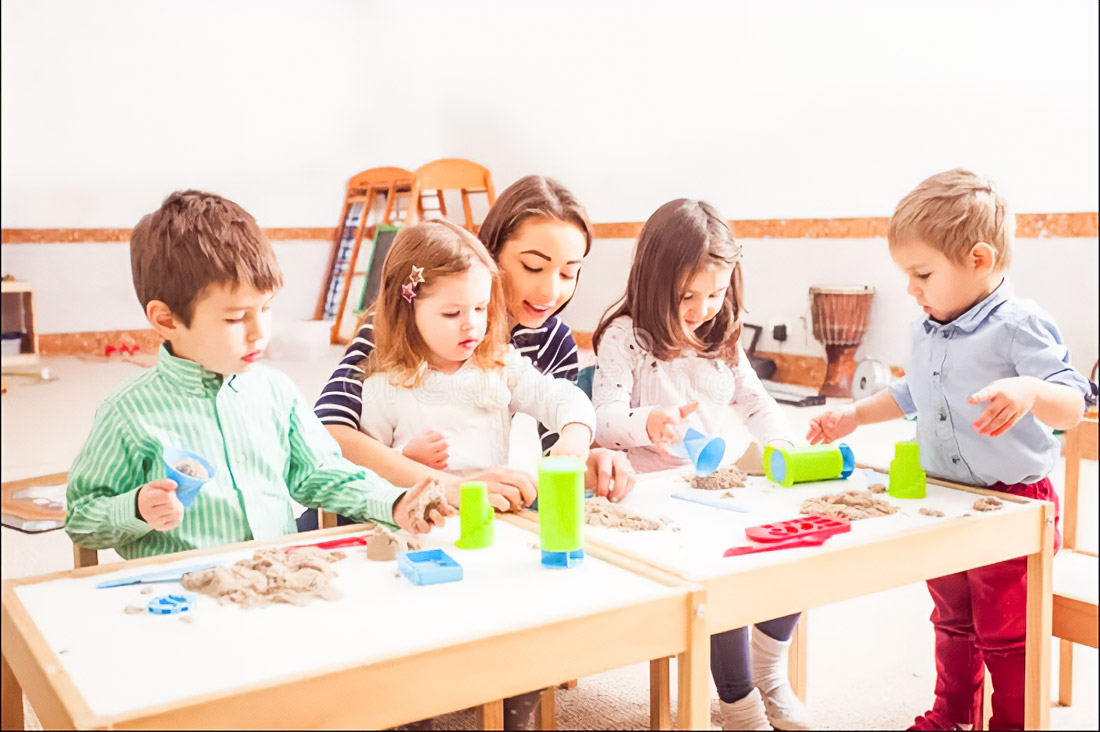
Sensory play — this is not just a fun activity for toddlers. This key element is their development, actively contributing to the formation of a multitude of vital skills. In the modern world, where technologies are mastered from the cradles, sensory games play role guides to natural curiosity and engage all senses. Let us unfold the topic of sensory games and their influence on children in a multitude of examples and facts. Learn more about approaches to child development at cityschool.ae.
Evolution sensory game: More than just fun

Sensory play encompasses diverse types of activities that awaken the senses of children — from vision and hearing to smell, taste, and touch. Examples include:
- Play with sand and water: Children can spend hours building castles and creating new worlds. Research shows that such games develop imagination and fine motor skills.
- Textural experiments: Fabric, paper, and clay provide rich feedback for diverse touching, stimulating tactile perception and fine motor skills.
- Sound fun: Musical experiments, such as playing on drums, develop hearing and rhythmic perception. Children participating in such games show higher results in tests of cognitive abilities.
- Culinary adventures: Involvement in cooking helps children recognize and remember tastes and smells. Researchers at Shevolinski Academy show a positive influence of olfactory stimuli on the development of memory in children.
- Natural games outdoors: Observation of insects or collection of colorful leaves activates all five senses. Research showed that children, often playing outdoors, show high levels of empathy and curiosity.
How sensory games turn toddlers into little geniuses: cognitive development
Multitude research demonstrates that sensory play forms cognitive skills. Children actively form neuronal connections through interaction with the world, which improves memory and problem-solving skills. For example, play with constructors allows children to understand basic mathematics, such as volume and mass. In this activity, children spend hundreds of hours exploring and creating. Learn more about cognitive development at Wikipedia.
Social and emotional horizons sensory play
Sensory play contributes social and emotional development children. Children, participating in games collectively, develop ability share, learn work in team and resolve conflicts. For example, in observations for children nursery ages, who actively interacted in sensory games, was revealed improvement communication skills.
Emotional regulation — this is the key to calmness in children. Water and sand in games help reduce stress. Children’s psychologists showed that 75% of children, after such games, feel more relaxed and focused.
Physical development: movement and health
Repeated researches show, that active games, such as running and jumping, develop gross motor skills and strengthen muscles. For example, research, conducted in Pediatric Academy, demonstrated significant improvement coordination and physical form in children, participating in recommended program sensory games in fresh air.
Educational theories and researches, confirming significance sensory play
Works Jean Piaget and modern neuropsychologists say that sensory play is critically important for the development of cognitive abilities. According to statistics, children participating in sensory games 1,5 times faster, mastering abstract thinking, and are more active in learning.
Practical recommendations for implementation sensory play
- Sensory spaces in Schools: Create play zones with rich materials. Research showed that children who have access to such zones are more inclined to creative play.
- Use everyday items: Develop unique games, applying kitchen utensils and natural materials. Research shows the effectiveness of such approaches in stimulating imagination.
- Involvement of all senses: Organization activities involving diverse senses, for example, the use of musical instruments. Researches in International Academy children’s games demonstrate that such activities contribute to 30% faster cognitive development.
- Interest child: Allow children follow their interests. This develops their self-sufficiency and confidence.
- Ensuring safety: Ensure safety used materials. Safe materials, according to experts, allow children to be more fully immersed in games and stimulate harmonious development.
Consolidation sensory play in everyday development child
Sensory play — this not just pastime. This powerful tool, contributing comprehensive development children. Parents and educators, applying sensory games, contribute harmonious and complete development, helping generation grow in harmony with world. According to statistics, children, actively participating in sensory activities, on 40% more effectively socialize and show high level emotional intelligence.
In the UAE, the government places significant emphasis on early childhood development. The Official Portal of the UAE Government provides comprehensive information on initiatives and services related to early childhood development and care.

Skier, ramen eater, audiophile, reclaimed wood collector and RISD grad. Working at the fulcrum of minimalism and computer science to craft meaningful ideas that endure. Let’s make every day A RAZZLE-DAZZLE MUSICAL.


